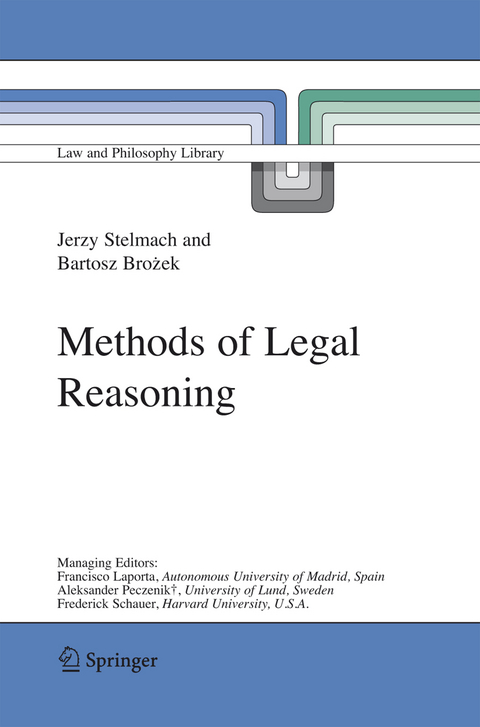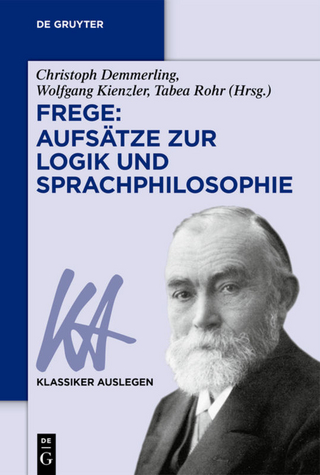
Methods of Legal Reasoning
Springer-Verlag New York Inc.
978-1-4020-4936-1 (ISBN)
Anyone reflecting on the methodology of legal reasoning faces a difficult task. The number of methodological theories in jurisprudence and the vast literature on the subject are not the only problems that have to be taken into account. Perhaps the most striking difficulty concerning the methodology of legal argument is the heated debate between jurists, legal theorists and philosophers of law that has been recurring since at least nineteenth century. Therefore a justification is needed for writing yet another book c- cerning the methods of legal reasoning; a book that aims to cover a lot of what has already been proposed in legal theory. We believe that there is such a justification. First, the perspective that we adopt in the present book is unique, at least in some respects. We venture to look at the methodology of legal reasoning “from the outside”, i.e. from a more g- eral, philosophical perspective, while taking into account the “hard re- ity” of law. This perspective enables us to ask questions about the justification for the methods of legal argument presented. Second, we do not want to defend one, paradigmatic conception of legal reasoning. On the contrary, we put forward the thesis that there is a plurality of argumentative methods. The plurality, however, does not lead to relativism in legal decision-making. Third, we reject any hierarchy of the methods of legal reasoning, and take the view that one can speak only of the precision and flexibility of different methodologies.
Part I. Controversy over legal methodology in the 19th and 20th centuries. 1. Three stances. 2. Methods of legal reasoning. 3. Logic – analysis – argumentation – hermeneutics.- Part II. Logic. 1. Introduction. 2. Classical logic: propositional logic and first order predicate logic. 3. Deontic logic. 4. Logic of action and logic of norms. 5. Defeasible logic. 6. Summary.- Part III. Analysis. 1. Introduction. 2. Linguistic analysis. 3. Economic analysis of law. 4. Summary.- Part IV. Argumentation. 1. Introduction. 2. Two conceptions of a legal discourse. 3. Legal argumentation.- Part V. Hermeneutics. 1. Introduction. 2. Hermeneutics as epistemology. 3. Hermeneutics as ontology. 4. The understanding of the law.- Part VI. Methods of legal reasoning from a post-modern perspective. 1. A summary. 2. Dilemmas of the contemporary philosophy of law. 3. The epistemological approach. 4. Unfinished projects.
| Reihe/Serie | Law and Philosophy Library ; 78 |
|---|---|
| Zusatzinfo | IX, 233 p. |
| Verlagsort | New York, NY |
| Sprache | englisch |
| Original-Titel | Metody Prawnicze |
| Maße | 210 x 297 mm |
| Themenwelt | Geisteswissenschaften ► Philosophie ► Logik |
| Recht / Steuern ► Allgemeines / Lexika | |
| Recht / Steuern ► EU / Internationales Recht | |
| ISBN-10 | 1-4020-4936-6 / 1402049366 |
| ISBN-13 | 978-1-4020-4936-1 / 9781402049361 |
| Zustand | Neuware |
| Informationen gemäß Produktsicherheitsverordnung (GPSR) | |
| Haben Sie eine Frage zum Produkt? |
aus dem Bereich


